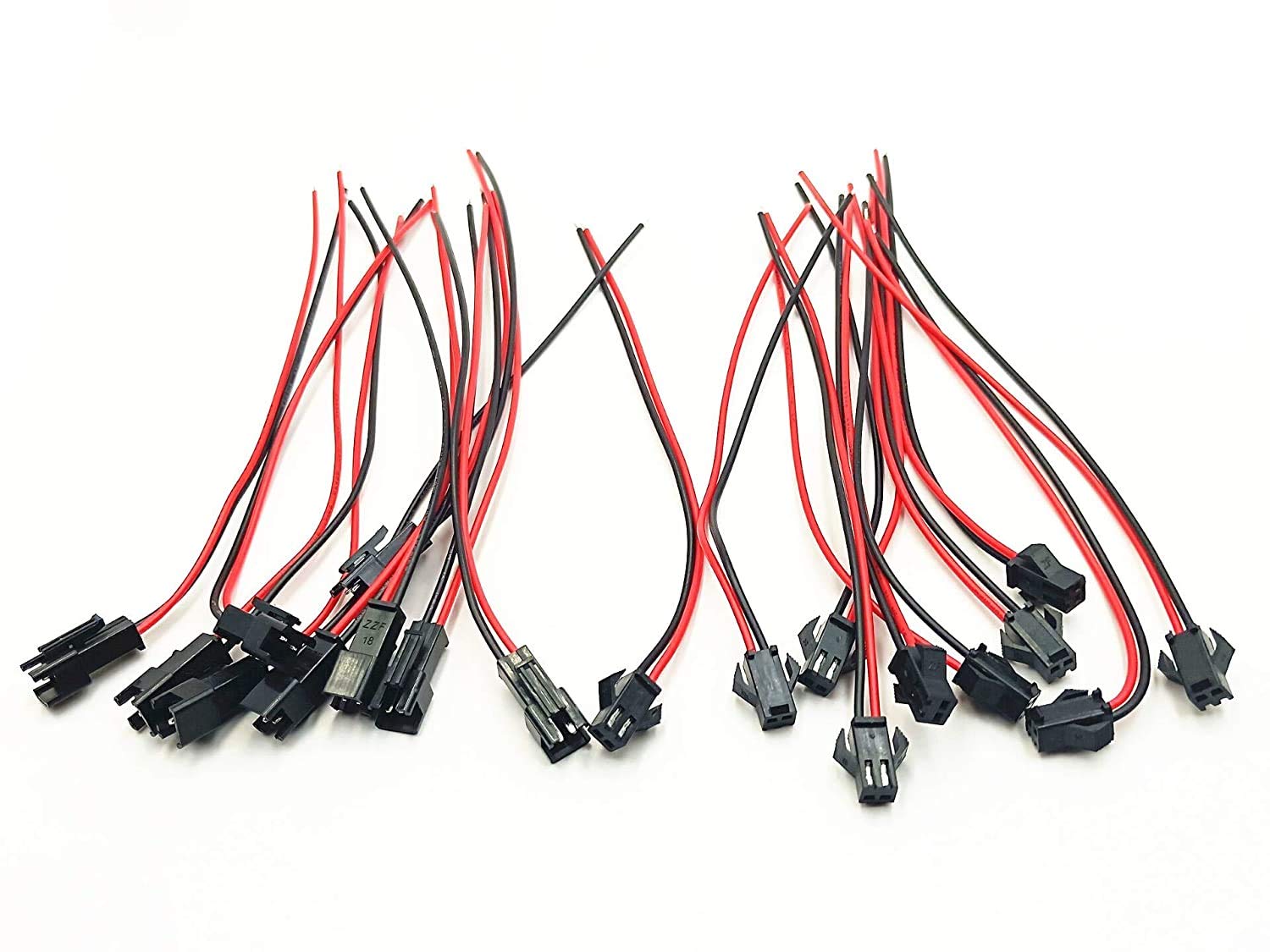WordPress has become the go-to platform for creating and managing websites. Its flexibility, user-friendly interface, and vast array of plugins and themes make it a powerful tool for webmasters.
Whether you’re a seasoned webmaster or just starting out, here are some essential WordPress tips to enhance your website and streamline your management process.
Post Contents
Keep Your WordPress Updated
It’s essential for security and speed that your WordPress installation is updated frequently. Updates for WordPress come with bug fixes, security patches, and new features.
Your website will remain safe, optimized, and compliant with the most recent standards if you regularly update the WordPress core, themes, and plugins.
If you’re looking to boost your online presence and improve your website’s rankings, consider investing in professionals like SEO Services Sydney.
Use Reliable Themes and Plugins
When selecting themes and plugins for your WordPress website, choose reputable sources. Look for themes and plugins with positive reviews, regular updates, and active support.
Avoid using pirated or outdated themes and plugins, as they may contain vulnerabilities or be incompatible with the latest WordPress versions.
Optimize Your Website’s Performance
A slow-loading website can deter visitors and harm your search engine rankings. Optimize your website’s performance by implementing techniques such as caching, image optimization, and content delivery networks (CDNs).
Utilize plugins like WP Rocket or W3 Total Cache to enable caching and minimize load times. Compress images without compromising quality using plugins like Smush or EWWW Image Optimizer.
CDNs like Cloudflare can distribute your website’s content across multiple servers globally, improving load times for users across different regions.
Implement a Backup Solution
Regularly backing up your WordPress website is essential for disaster recovery. Use a reliable backup solution that automates the backup process and stores your website’s files and database securely.
Popular backup plugins like UpdraftPlus and BackupBuddy allow you to schedule automated backups and restore your website in case of data loss or hacking incidents.
Secure Your Website
Website security should be a top priority for every webmaster. Implement security measures like strong passwords, two-factor authentication (2FA), and limiting login attempts.
Consider using security plugins such as Sucuri or Wordfence to monitor and protect your website from malware, brute force attacks, and other vulnerabilities.
Optimize Your Website for SEO
Search engine optimization (SEO) plays a crucial role in driving organic traffic to your website. Install an SEO plugin like Yoast SEO or All in One SEO Pack to optimize your content, meta tags, and XML sitemap.
Use keyword research tools to identify relevant keywords and strategically incorporate them into your content.
Focus on creating high-quality, engaging content that satisfies user intent and promotes organic traffic growth.
Customize Permalinks
Permalinks are the URLs of your website’s individual pages and posts. Customize your permalinks to make them more user-friendly and search engine-friendly.
Avoid using default permalinks with numbers and instead choose a structure that includes keywords relevant to the content.
Go to the Permalinks settings in your WordPress dashboard and select a format that suits your needs.
Utilize Categories and Tags
Organize your content using categories and tags. Categories provide a broad classification of your content, while tags offer more specific keywords or topics.
Use them strategically to improve user navigation and enhance the overall user experience. Well-structured categories and tags also make it easier for search engines to understand the content hierarchy on your website.
Utilize Responsive Design
It is essential to have an responsive website design given the rise in popularity of mobile devices. Make sure the theme you choose is responsive to multiple screen sizes and works well on mobile devices.
Because responsive design prioritizes mobile-friendly websites in their results, it not only enhances user experience but also has a beneficial effect on your search engine rankings.
Engage with Your Audience
WordPress offers several tools and plugins to engage with your audience and foster interaction on your website. Enable comments on your blog posts and respond to them promptly.
Install social sharing plugins to encourage readers to share your content on social media platforms. Consider implementing a live chat feature to provide instant support and address customer queries in real-time.
Engaging with your audience not only builds a sense of community but also helps you gather valuable feedback and insights.
Monitor Website Analytics
Monitor your website’s performance and visitor behavior using website analytics tools such as Google Analytics.
Analyzing data like page views, bounce rate, and user demographics provides valuable insights into your audience’s preferences and helps you make informed decisions to improve your website’s performance.
Regularly review analytics reports to identify trends, track the success of your marketing efforts, and optimize your website accordingly.
Utilize Custom Post Types and Custom Fields
WordPress allows you to create custom post types and custom fields to extend the functionality of your website.
This feature is particularly useful if you have content types that don’t fit into the default posts and pages structure.
Custom post types and custom fields enable you to organize and display content in a structured manner, enhancing the user experience and making it easier to manage specific types of content.
Regularly Audit and Update Content
Periodically review and update your website’s content to ensure its relevance and accuracy. Remove outdated information, fix broken links, and optimize content for SEO.
Fresh and up-to-date content not only appeals to your audience but also helps improve your search engine rankings.
Regular content audits also allow you to identify content gaps and develop a content strategy that aligns with your goals.
Utilize Image Compression
Large image files can significantly slow down your website’s loading speed. Optimize your images by compressing them without sacrificing quality.
Plugins like ShortPixel and Imagify can automatically compress images upon upload or optimize existing images in your media library. This improves your website’s performance and enhances user experience.
Utilize WordPress’ Community and Resources
WordPress has a vast and active community of users, developers, and experts. Take advantage of this community by participating in forums, attending local meetups, and joining relevant online groups.
The WordPress community is a valuable resource for learning, troubleshooting, and staying updated with the latest trends and best practices.
By implementing these essential WordPress tips, webmasters can optimize their websites for performance, security, and user experience.
WordPress’s flexibility and robust ecosystem of plugins and themes provide endless possibilities for creating and managing a successful website.
Stay informed, keep exploring new features, and continue to refine your WordPress skills to unlock the full potential of this powerful platform.










